April 2025
OVER MANY YEARS, THE BEYOND ABUNDANCE (BA) PROJECT HAS PROVED TO BE A SUCCESSFUL WAY TO ASSIST FARMERS. IN THIS PROGRAMME, THE FARMER CONTRIBUTES 80% OF THE INPUT COSTS AND DONORS PROVIDE THE BALANCE.
Due to the support of partners of the BA programme – Bayer, Kynoch, Villa and PSP in Kokstad – the PGP team can get very good discounts on the input costs.
‘On top of these discounts, we also manage to get some donations from companies from their CSI budgets,’ says Jane McPherson, PGP advisor. ‘In the past year, the faithful Sasol Agricultural Trust contributed again and the South African Cultivar and Technology Agency (SACTA) contributed for the first time. We hope this will continue. We have also requested assistance from Land Bank to support this project.’
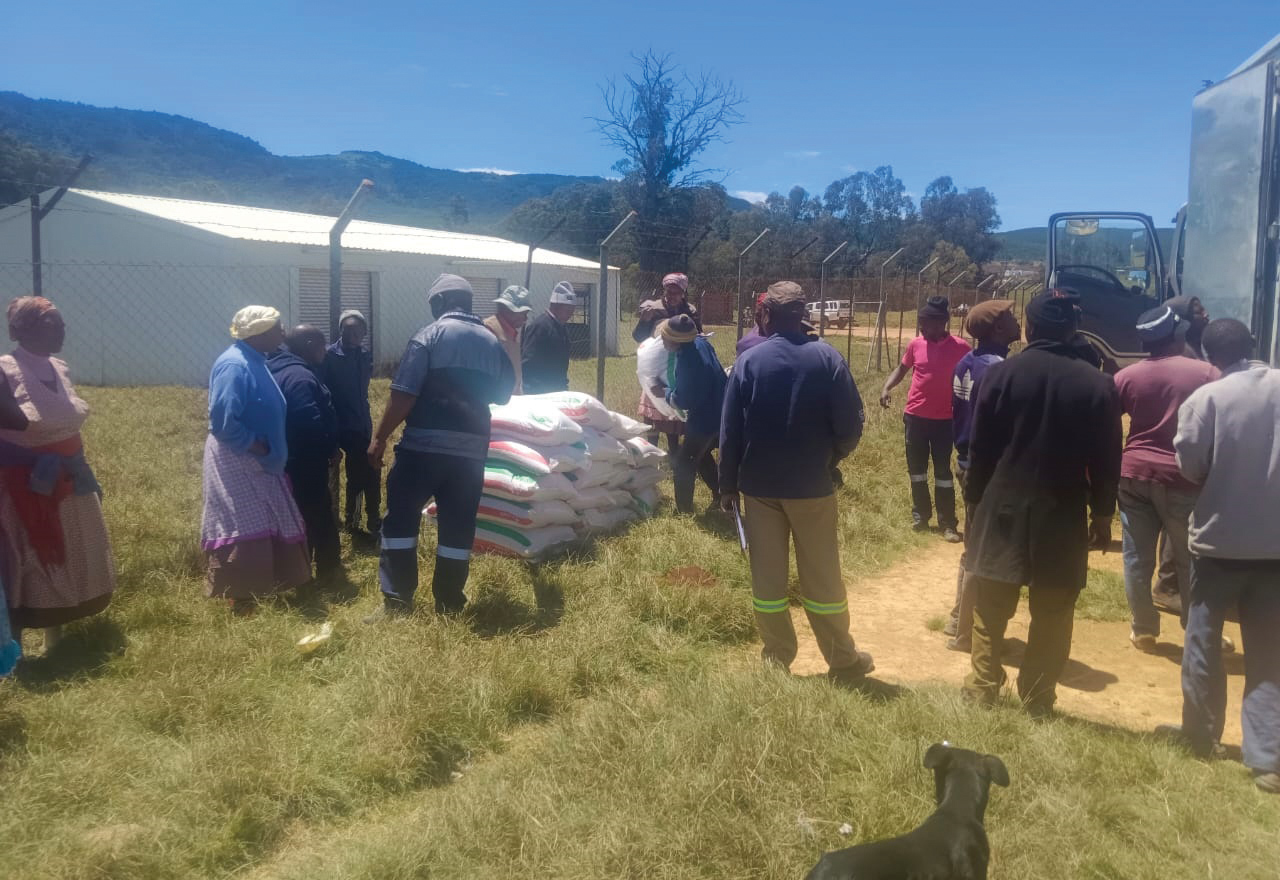
After inputs are delivered to the farmers (or to a location as close as possible), the PGP team offers on-farm support to ensure that the farmers use it correctly.
In the past, the number of hectares per farmer has been limited. ‘However, we have decided that spending your own money, as the farmer, is essential in the growth towards independence,’ says Jane. This is the reason why the programme is going to be opened up to larger farmers. ‘The same criteria will remain – the farmer has to pay 80% of the costs into a special account, from which we manage the purchases.’
During a recent board meeting of Grain SA, one of the very successful farmers from Schweizer-Reneke said that borrowing money for production has caused the failure of many farmers in this area. It is relatively easy to get into debt, but recovering from a few bad years is difficult if you have interest-bearing debt.
This farmer mentioned the figure that the 10% of farmers who are still farming grain in that area are all farmers who have managed to use their own money to plant the crop. Using your own money has the added value of risk management, as it is easier to risk someone else’s money than to use your own!
If you want to be a farmer who farms from ‘your own pocket’, please contact your nearest development coordinator and discuss your plans with him. The contact details are on page 2 of this issue.
The PGP team really hopes that a number of farmers will be interested in expanding their farming operations by using mostly their own money.
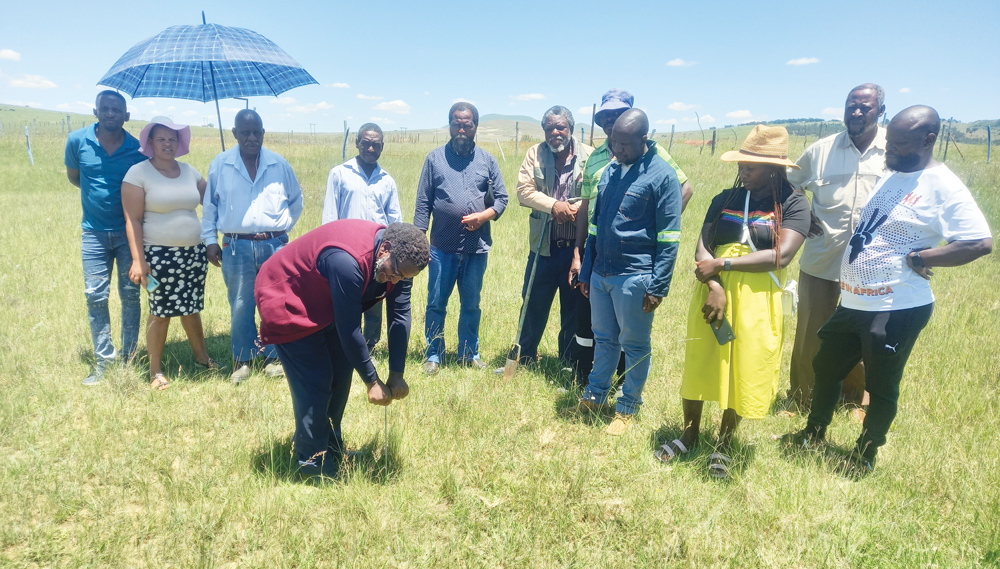
During the soybean course in the Dundee service area attendees were shown how to check for compaction by using a steel probe.
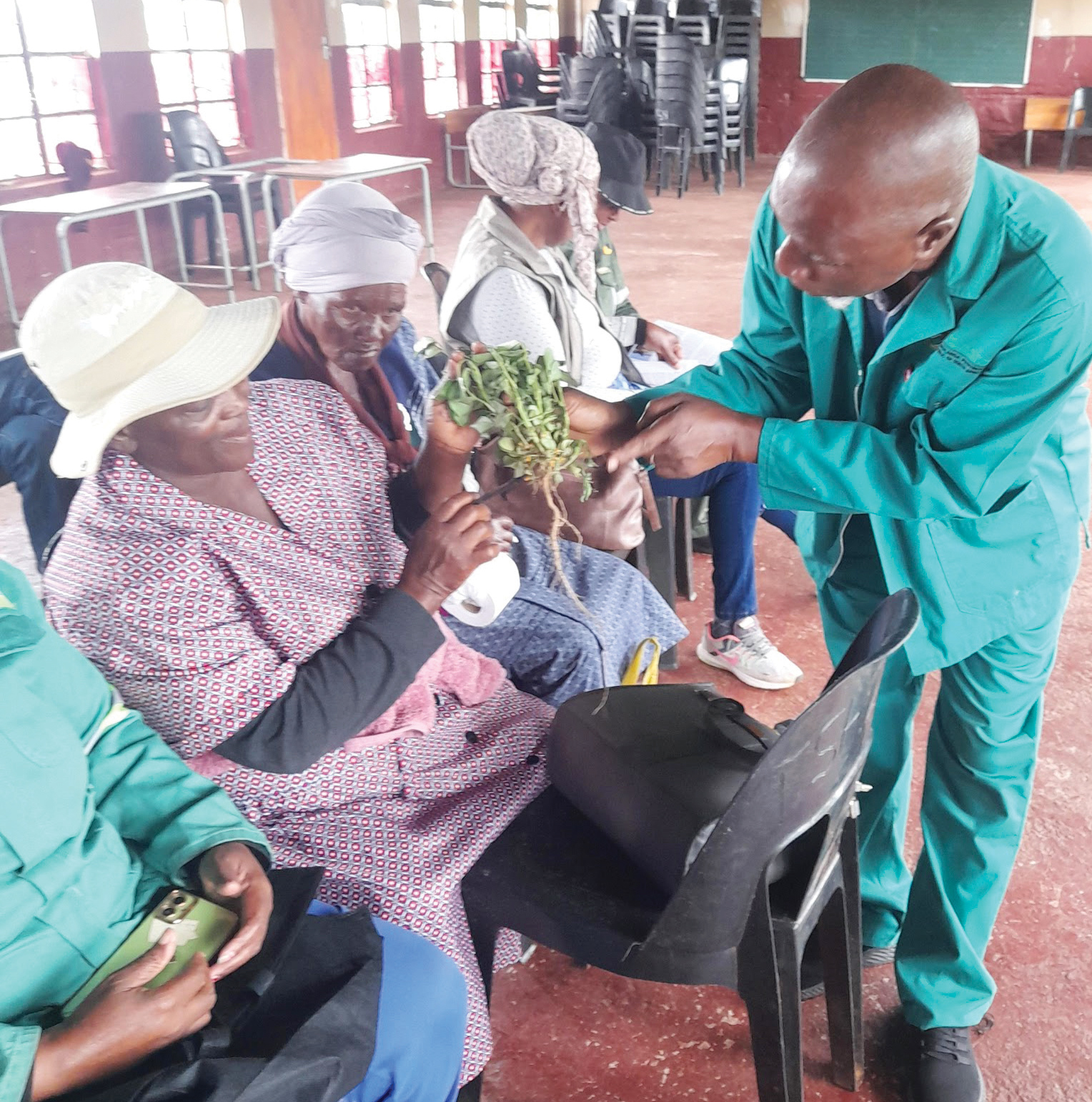
The group who attended the introduction to groundnut production were very interested in learning more. They asked questions and even asked the trainer to repeat sections that they did not grasp properly.
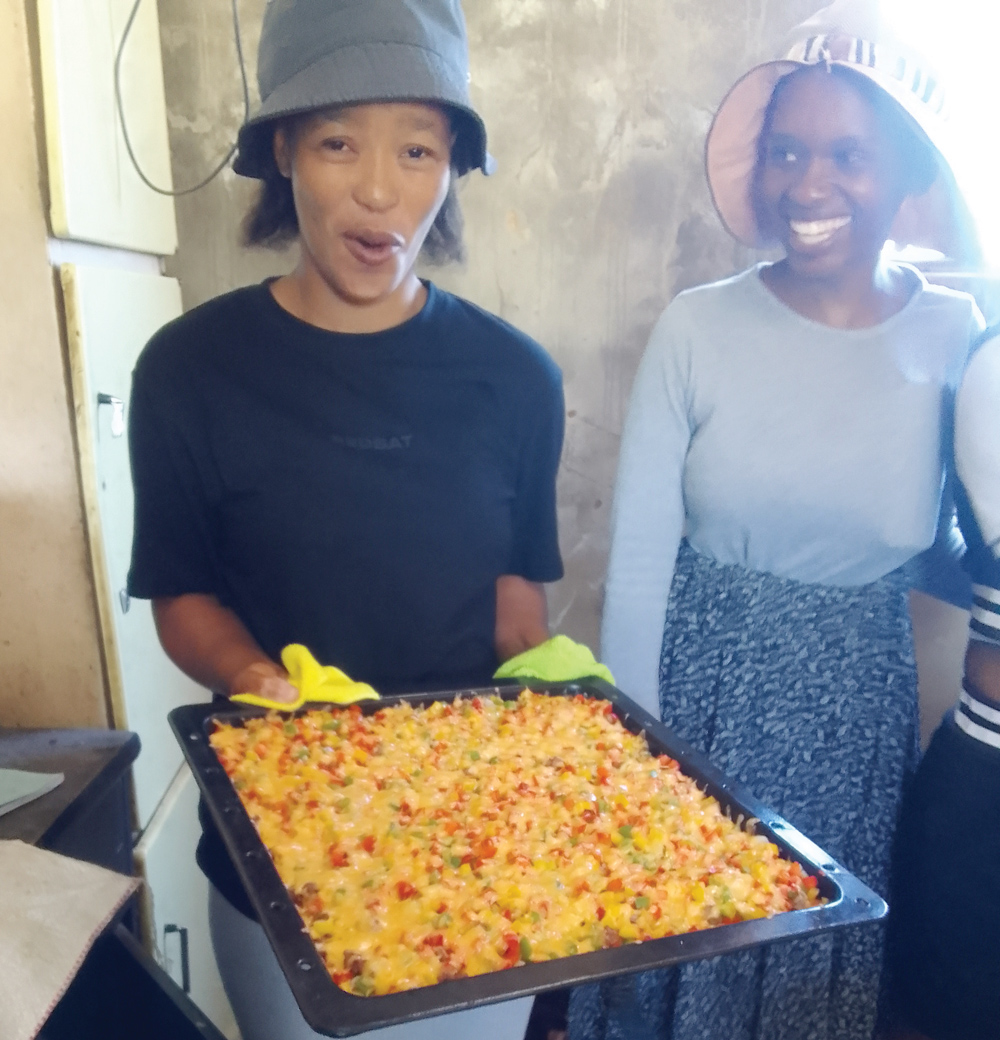
The nixtimilisation courses are an eye opener to many who do not realise that maize is not only for animal and human consumption. They were shown how to make baked goods using masa. These two excited ladies proudly show of a pizza they made.
A total of 63 study group visits took place at the beginning of this year (13 January to 12 February), during which advice was given about weed and pest control. The mentors also checked on the overall crop development of the subsistence farmers.
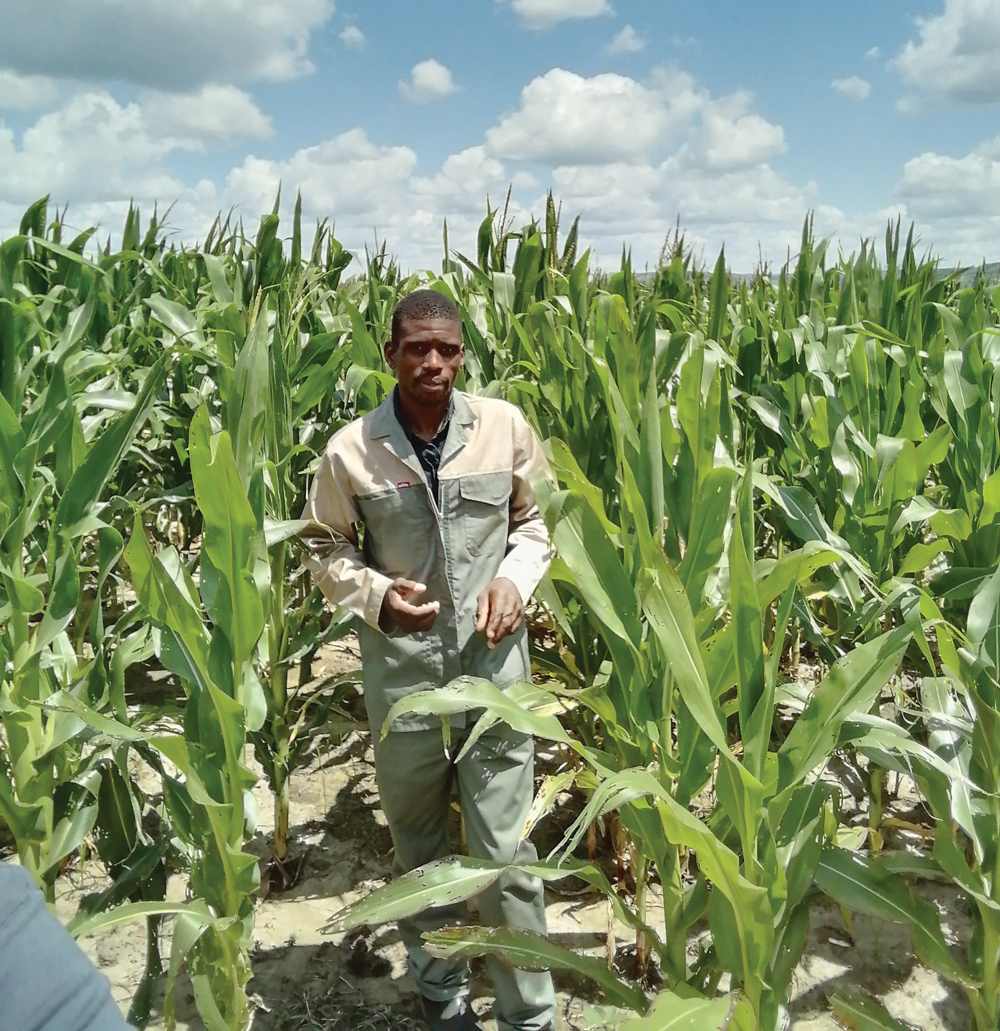
The area where the Donkerhoek Study Group farms, is booming with agricultural activity. Farmers are planting both soybeans and maize.

Mentor Phumza Mtukushe met with the Ndunge farmers, during which the spraying programme was revised. The farmers had sprayed the weeds properly, but unfortunately, it rained soon afterwards and they will have to respray.
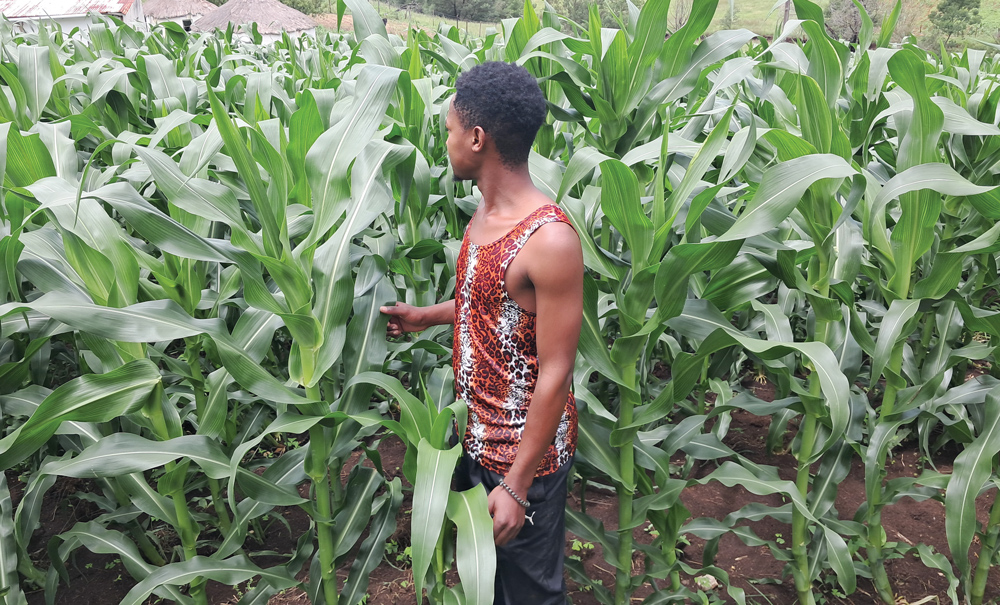
Johan Nel, a mentor in the Maclear region, visited the Katkop Ntaboduli Study Group. It was evident that good weed control had been done in most of the gardens. Johan advised the farmers to spray again where weeds emerge again. The crops were looking good in most of the gardens.
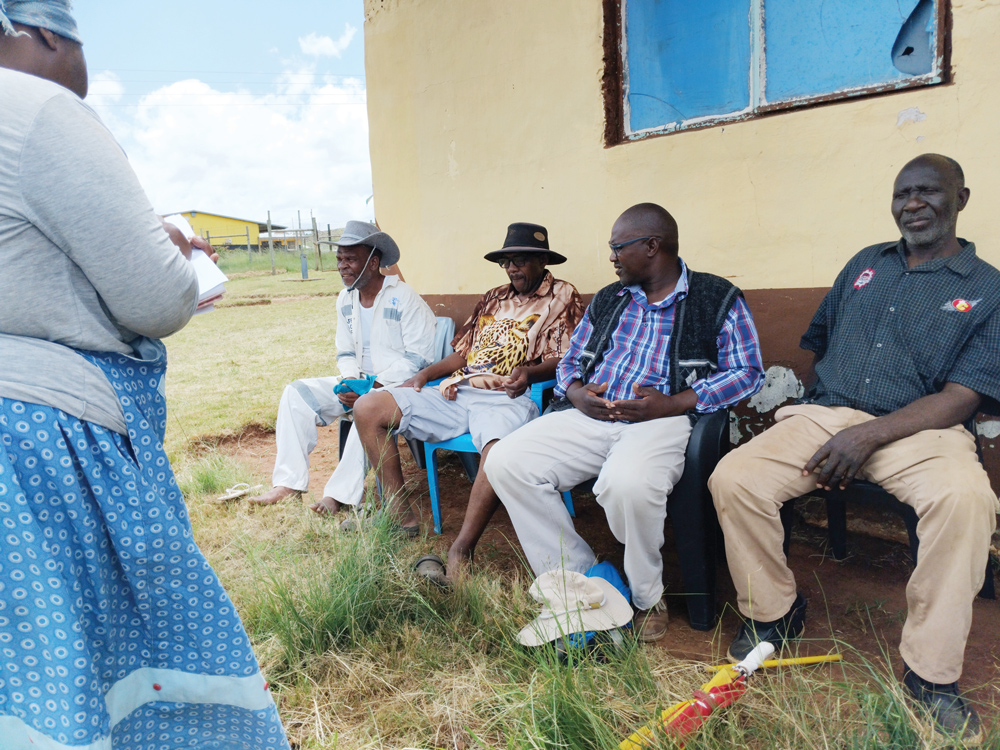
Eastern Cape mentor, Lunga Mhlonyane, visited the Bambanani Study Group, where he did training on pests and diseases. He urged farmers to do spot checks and report unusual spots or patterns on their maize.
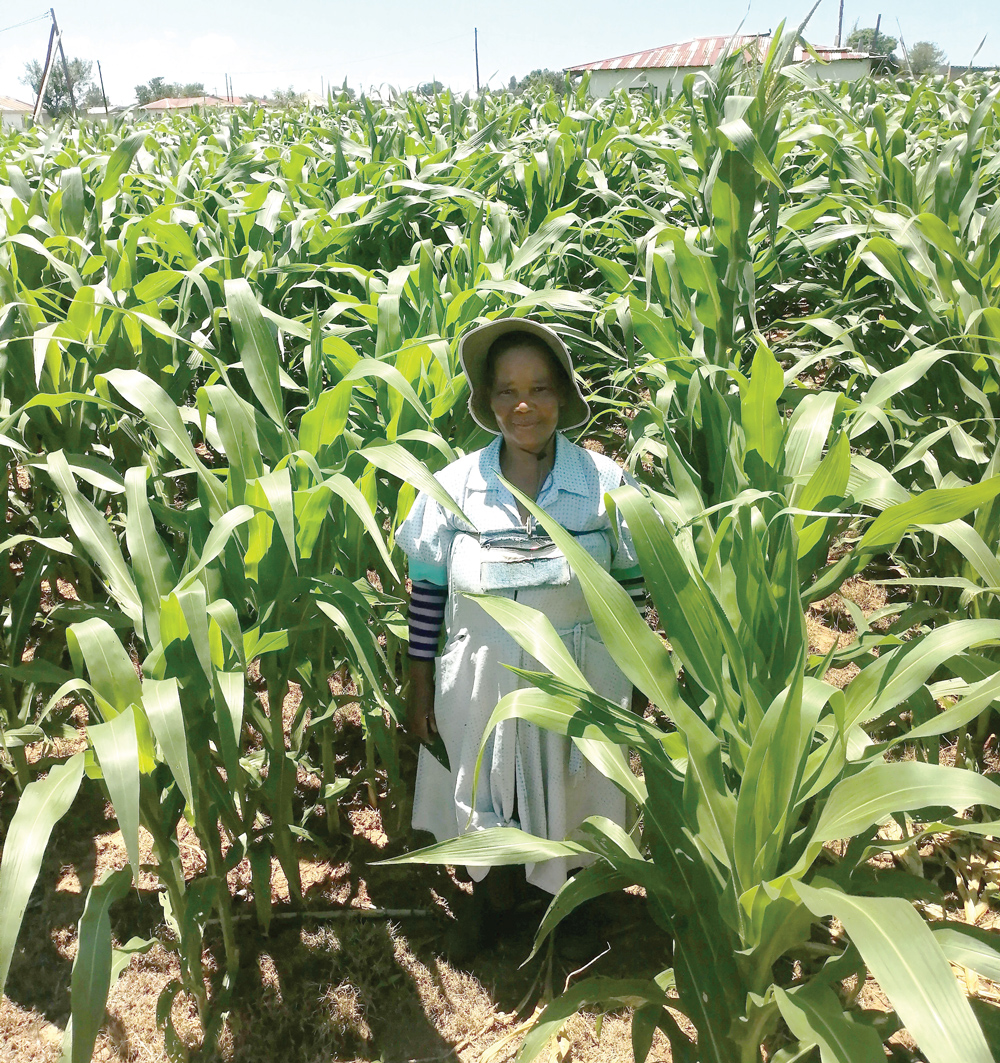
For the members of the Emangweni Study Group, these visits are a great motivation to improve as farmers. One of the farmers has replanted her fields at least three times, showing her persistence to get it right.
Regular farm visits by the regional development managers and/or mentors are a valuable part of the PGP Farmer Development Programme. These visits allow mentors to evaluate a farmer’s practices and progress directly, identify specific issues on their land and deliver tailored advice where needed.
During January and February, 68 farmers received individualised support from PGP team members. A total of 141 farm visits were done to check post-emergence spraying and crop emergence.
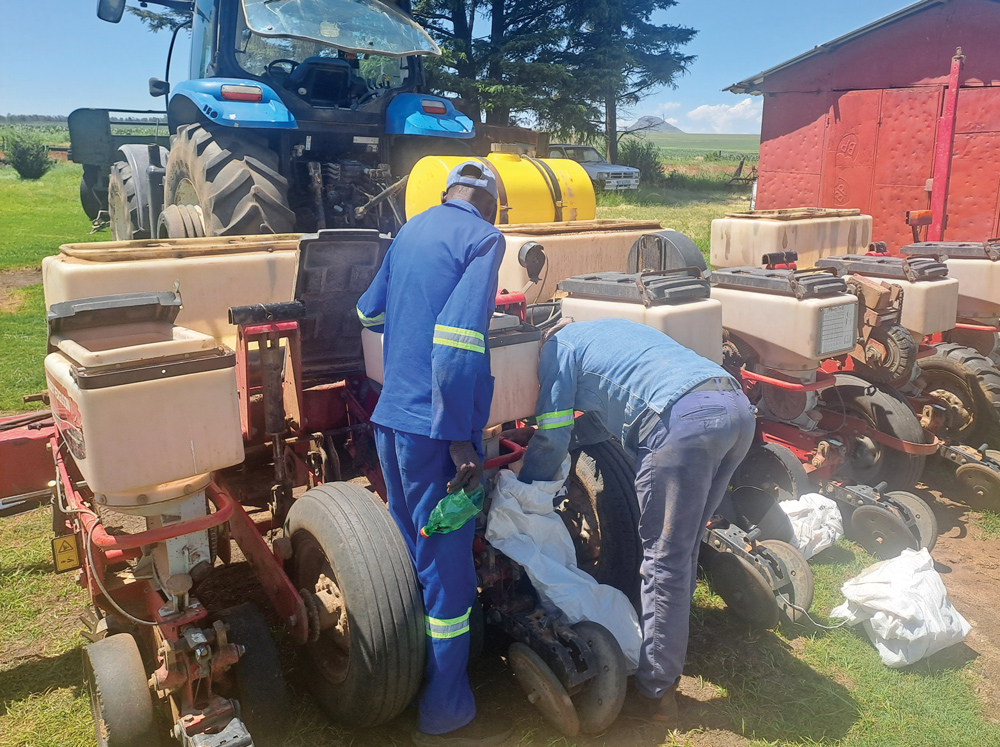
On the farm of the 2024 New Era Commercial Farmer of the Year, Ranko Tsotetsi, maintenance was being done on the equipment, as Ranko was awaiting rain for his crops.
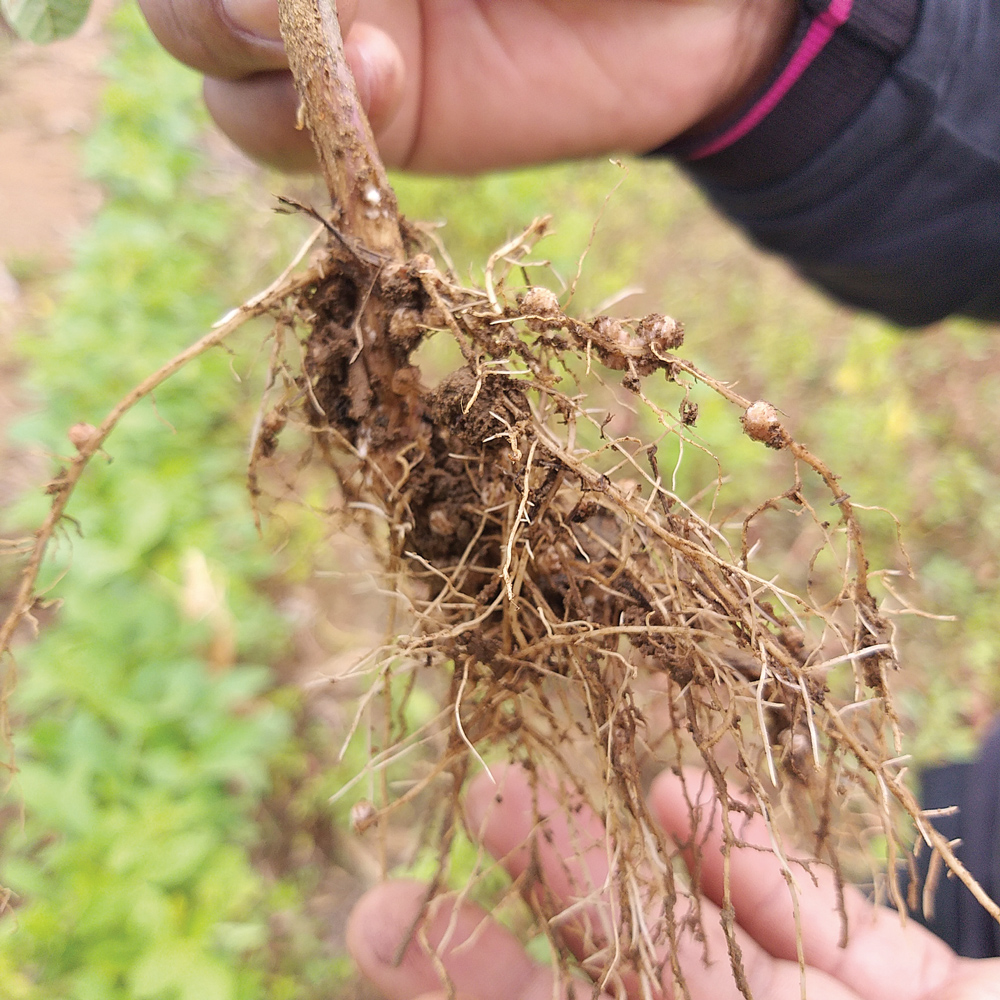
The maize fields on Mooiplaas where Senzeko Mabuza farms looked good when mentor Timon Filter paid the farmer a visit. The soybeans showed good nodulation, but the plants needed some sunshine.
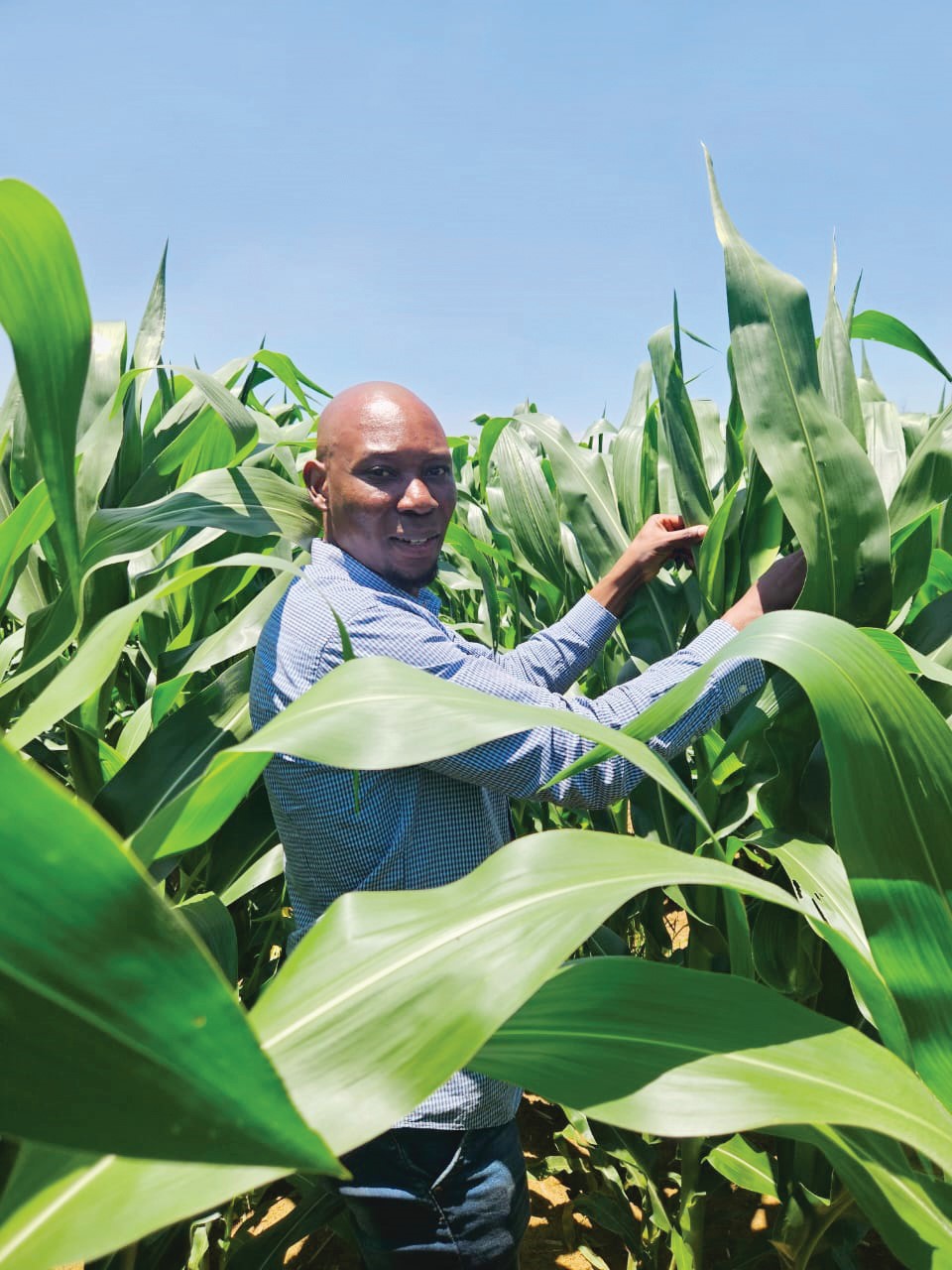
Munyai Mpho received a visit from Du Toit van der Westhuizen, regional development manager in North West. This farmer planted 230 ha. He also prepared 70 ha of land to expand for the next season.
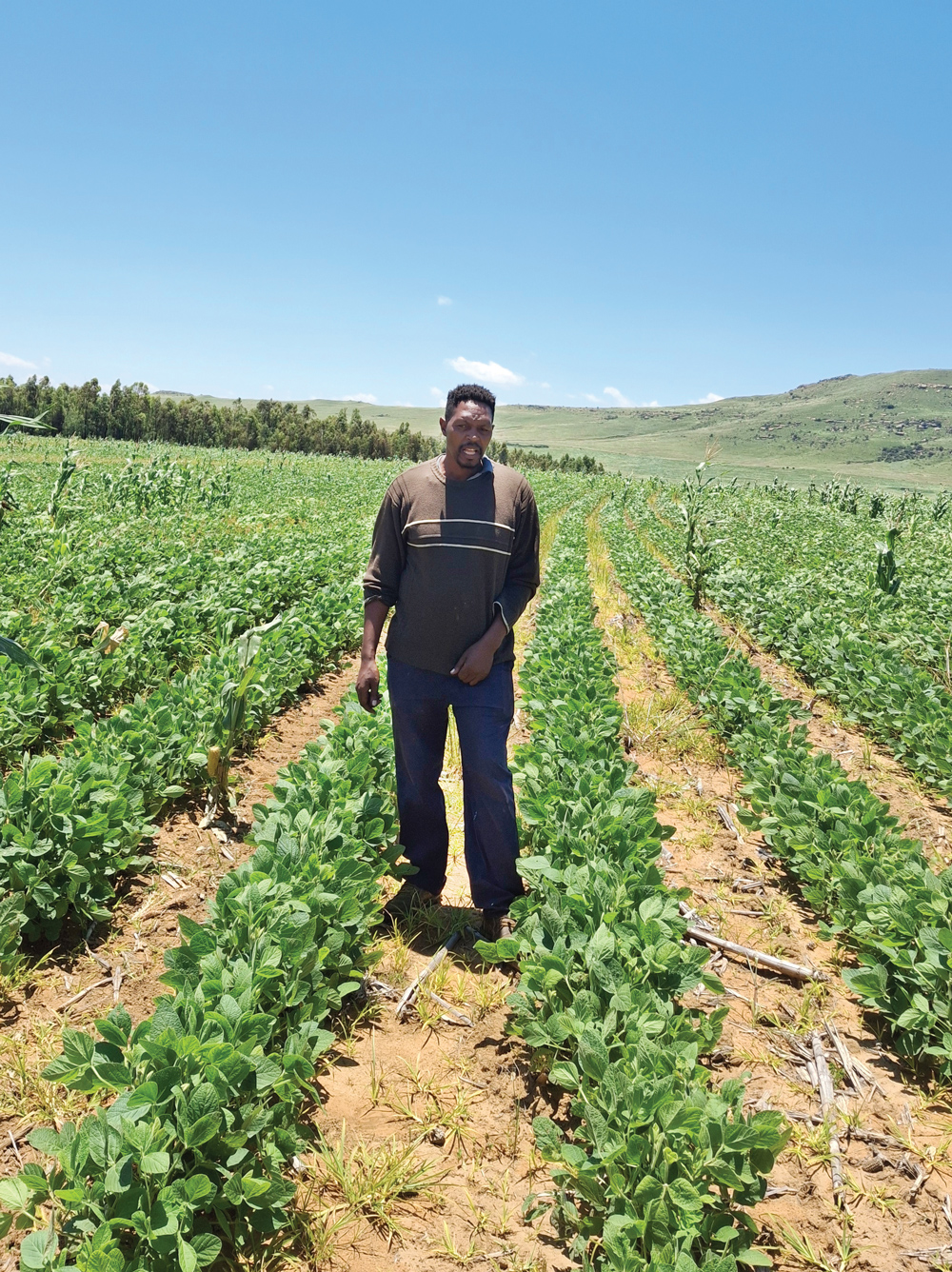
When Free State farmer, Sello Isaac Malakoane, was visited by his mentor, Johan Roux, the maize had been top-dressed and sprayed for insects and weeds. The farmer still had to spray some of his soybean crop.
Publication: April 2025
Section: Pula/Imvula